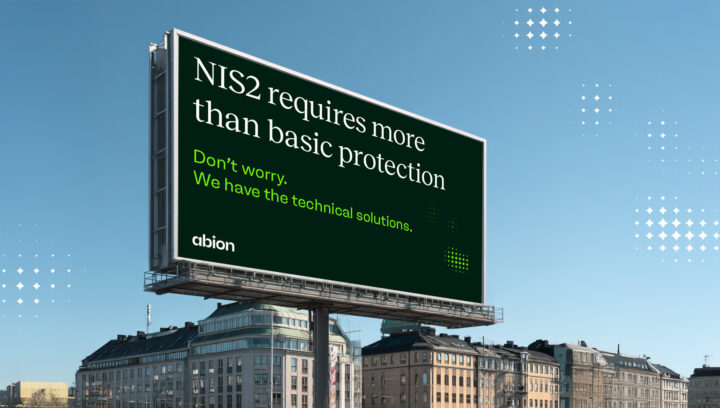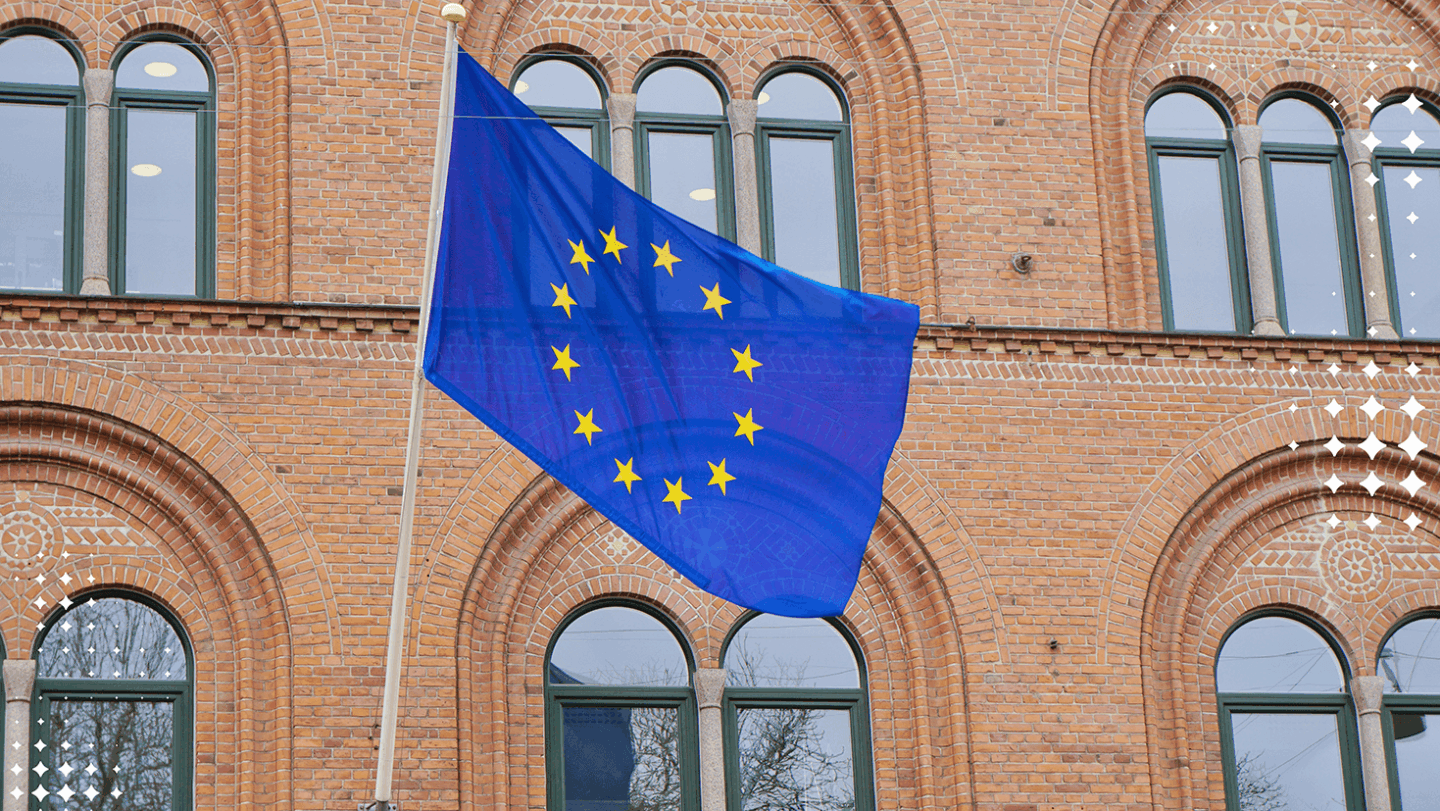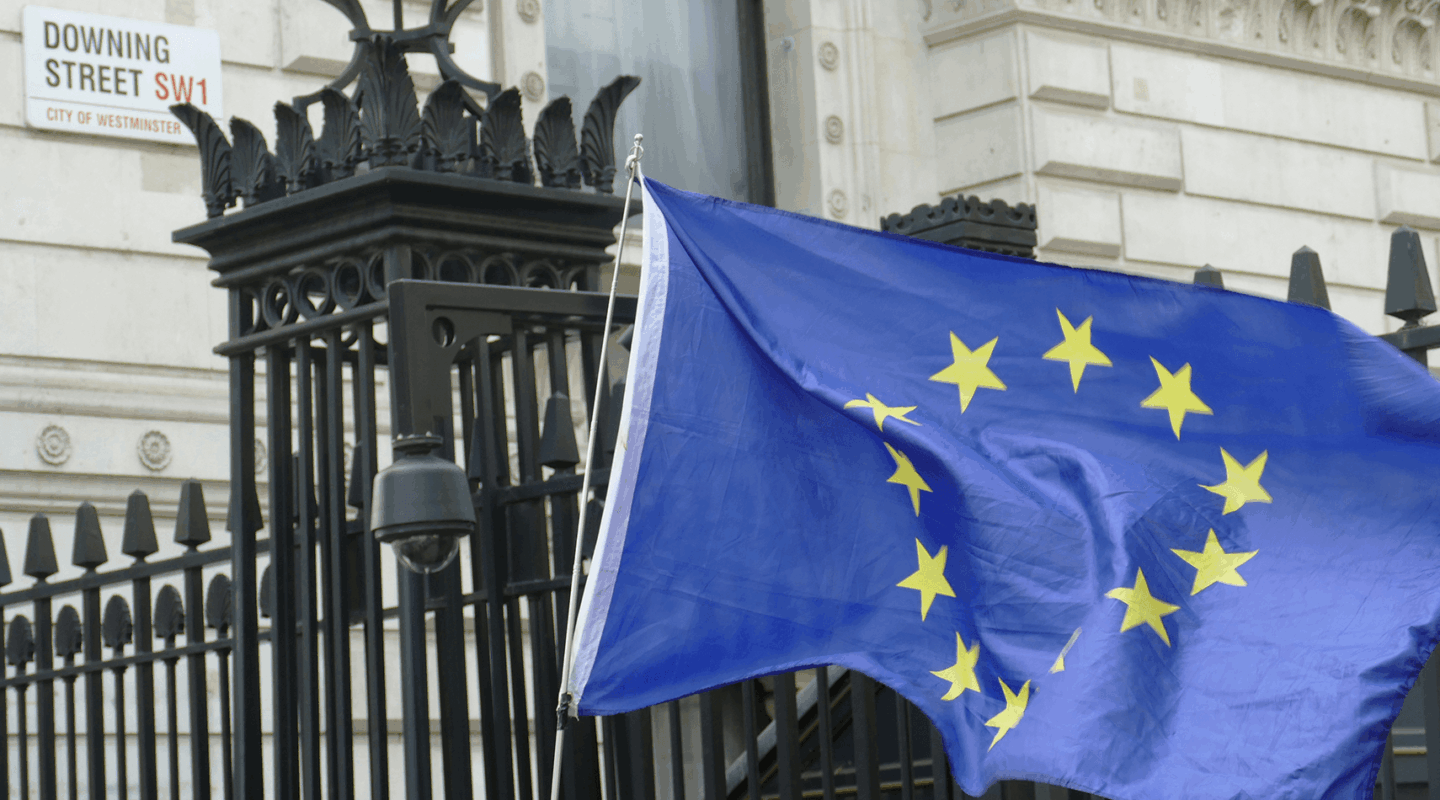Coffee and What?! – Trademarks, Freedom of Expression, and the Principles of Morality
- Firstpage
- Insights & News (Parent - Don't use)
- IP & Trademarks

Trademarks primarily serve a commercial purpose, but they can also express ideas - or even provoke controversy. Some trademarks push the boundaries of what is considered acceptable, raising legal and societal questions about public policy and morality.
How Changing Times Shape What’s Acceptable
A recent ruling in Sweden, concerning a pottery business that creates handmade mugs, is a prime example. The Court was tasked with determining whether the Swedish mark “KAFFE & KUK” (translated to COFFEE & COCK) should be cancelled due to both its potentially confusing similarity to Jens Poulsen’s mark “KAFFE” and its potential conflict with public morality.
The Court concluded that there was no conflict with the older mark and then emphasised that the moral values and norms of a society must be evaluated in relation to the context of the time in which the mark was registered. According to the Court, societal attitudes toward sexuality have evolved significantly in the last decades, making sexually charged language more commonplace in every day (Swedish) life. Thus, the Court ruled that the mark should not be cancelled.

However, this decision highlights how cultural and legal differences across Europe can lead to contradictory outcomes. Just one month before this ruling, EUIPO refused the EUTM application for “KUK” (translated to “cock"), based on the same Swedish meaning, considering it offensive. This stark contrast underscores the subjective nature of morality in trademark law.
Cultural Sensitivities and Trademark Refusals
Trademarks can be refused by EUIPO or national trademark offices if they conflict with public order or accepted moral principles, as outlined in Article 7(1)(f) of the European Union Trademark Regulation (EUTMR). These refusals are often based on:
- References to drug use
- Vulgar or offensive language
- Discriminatory or inappropriate expressions
However, the sensitivity surrounding certain terms can vary significantly from one Member State to another, shaped by historical, religious, and social contexts. For instance, symbols associated with certain authoritarian regimes—such as the sickle, hammer, and five-point red star—are banned in several Member States (e.g., Hungary), and their use in figurative trademarks may be refused (see T-232/10, Couture Tech Ltd v OHIM).
In cases where a mark has already passed the examination for absolute grounds, third parties may still oppose (or invalidate) registration if they believe the mark conflicts with public policy or accepted moral principles. This occurred when the mark “Jag är tokig i Säter” (“I'm crazy about Säter") was registered in Sweden and applied for by the municipality of Säter for services in class 35.
The city is notably associated with the mental hospital established there in 1912, which the phrase “I'm crazy about Säter" refers to. The marketing slogan sparked a heated debate in the city and a private individual applied for the invalidation of the trademark registration, arguing that the slogan was offensive to people with mental illness.

The Swedish Intellectual Property Office accepted the presented arguments, agreeing that the phrase was inappropriate and offensive to individuals affected by mental health issues, as well as to the general public.
Trademarks, Freedom of Expression, and Proportionality
While trademark law primarily focuses on commercial use, it sometimes overlaps with freedom of expression. In Europe, any limitation on free expression must be justified under strict tests of necessity and proportionality.
Trademark laws—including provisions in the 1883 Paris Convention—restrict marks that conflict with public order or morality. However, determining what is “moral" at any given time is ultimately left to the courts. Since morality is subjective and constantly evolving, courts play a key role in determining whether a restriction on a trademark is necessary and proportionate based on the societal norms of that time.
This complexity extends beyond intended controversial trademarks. Some applicants unintentionally submit marks that carry negative connotations in other languages, which can lead to refusal. One striking example is the refusal of “curve(s)" for clothing, due to its similarity to the offensive term “curvă" in Romanian. Because one Member State’s language or cultural sensitivities can be enough to block an EU-wide registration, linguistic oversight is critical.
The Importance of a Linguistic and Cultural Review
The line between protectable trademarks and those that violate moral principles is not always clear. As societal values shift, so too does the interpretation of what is acceptable. What is considered offensive in one EU country may not be an issue in another.
For businesses looking to secure trademark protection within the EU, conducting a comprehensive review is essential. This should include:
- Linguistic analysis – ensuring the mark does not carry unintended meanings in different languages.
- Cultural sensitivity screening – identifying potential moral or historical conflicts in specific regions.
- Legal assessment – ensuring compliance with EUIPO and national trademark laws.
At Abion, we provide full trademark screening and advisory services, leveraging our global network across 17 locations and expertise in 15+ languages. Our team helps businesses navigate the complexities of trademark registration to avoid unexpected refusals and ensure successful applications.
Interested in learning more? Contact us to discuss how we can support your trademark strategy.
Key takeaways
- Trademarks aren’t just commercial, they can express ideas and even spark controversy.
- What’s considered offensive changes over time and varies between countries.
- Cultural and linguistic differences across the EU can lead to conflicting trademark rulings.
- Even unintended meanings in other languages can result in refusals.
- A thorough review - legal, linguistic, and cultural - is essential before registering a trademark internationally.
Image
Jack Carter via Unsplash

Contact us
Do you want consulting, advice or are interested in any of our legal services? Contact us and we will help you!


